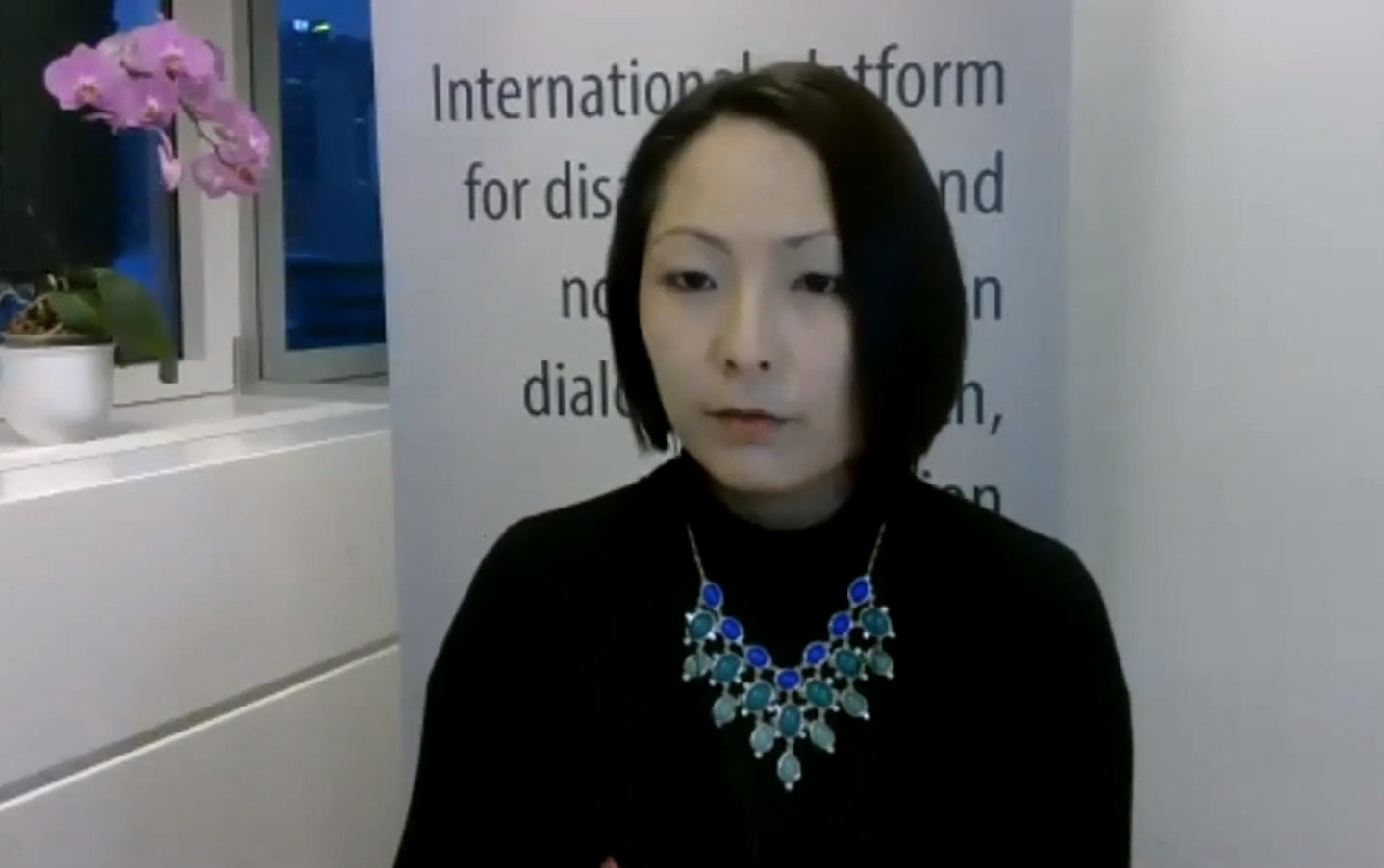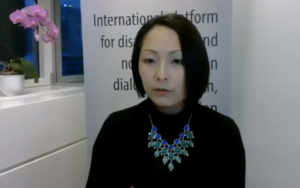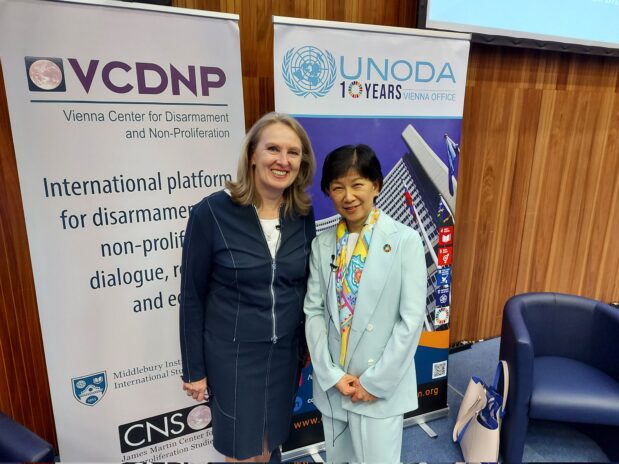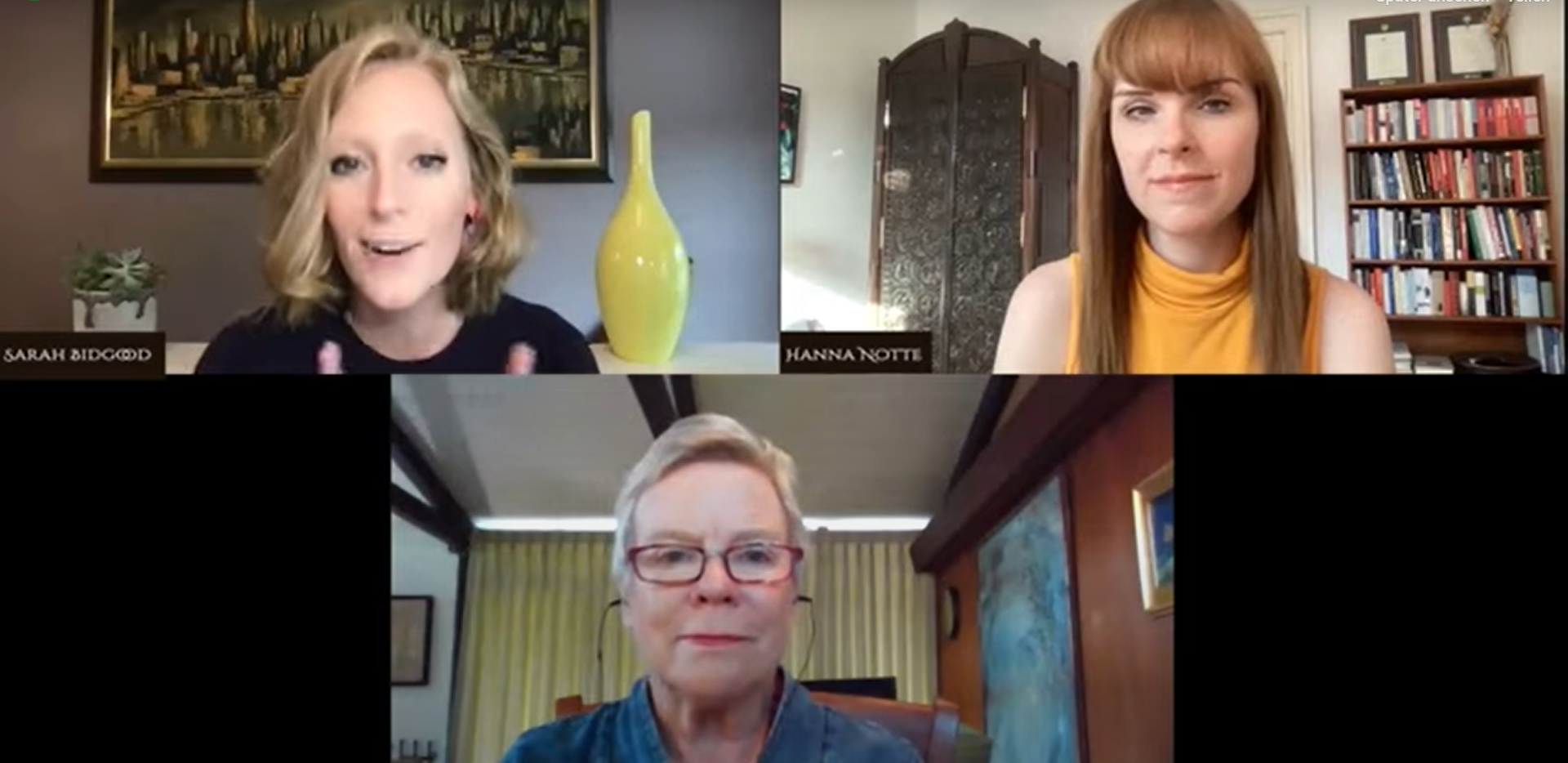

The international community faces a number of challenges in the 21st century, not the least of which is the COVID-19 pandemic. However, most trends in the nuclear sphere predate COVID-19 and in many cases have been exacerbated or exposed by it. One of such trends is increasingly unilateral behaviour on the part of major powers and its negative effect on nuclear non-proliferation and arms control. Gaukhar Mukhatzhanova, Director of the International Organizations in Nonproliferation Program, and other speakers discussed this trend and its implications during the 2020 Stockholm Security Conference, held by the Stockholm International Peace Research Institute (SIPRI). Joining Ms. Mukhatzhanova on the panel were Ray Acheson (Reaching Critical Will), Elena Chernenko (Kommersant) and Ambassador Ann-Sofie Nilsson (Sweden). The discussion was moderated by Dr. Beyza Unal of Chatham House.
Ms. Mukhatzhanova observed that while actors like China and Russia are growing more assertive and willing to act unilaterally, the United States is turning to unilateralism as a result of domestic political trends on the rise since the late 1990s. Weakening US commitment to the multilateral system that was built around the US supremacy is particularly challenging in this regard. It raises questions about the stability and survivability of international structures that have traditionally relied on US support and leadership, particularly the Treaty on the Non-Proliferation of Nuclear Weapons (NPT) regime. If the trend continues, the regime would need to adapt and other states, particularly European nations, would have to step up to leadership roles.
The panellists also discussed how the global pandemic challenges traditional notions of national security and highlights the need for more effective international cooperation, and the implications of pandemic-prompted postponement of the Tenth NPT Review Conference to August 2021.
Watch the full session online:


